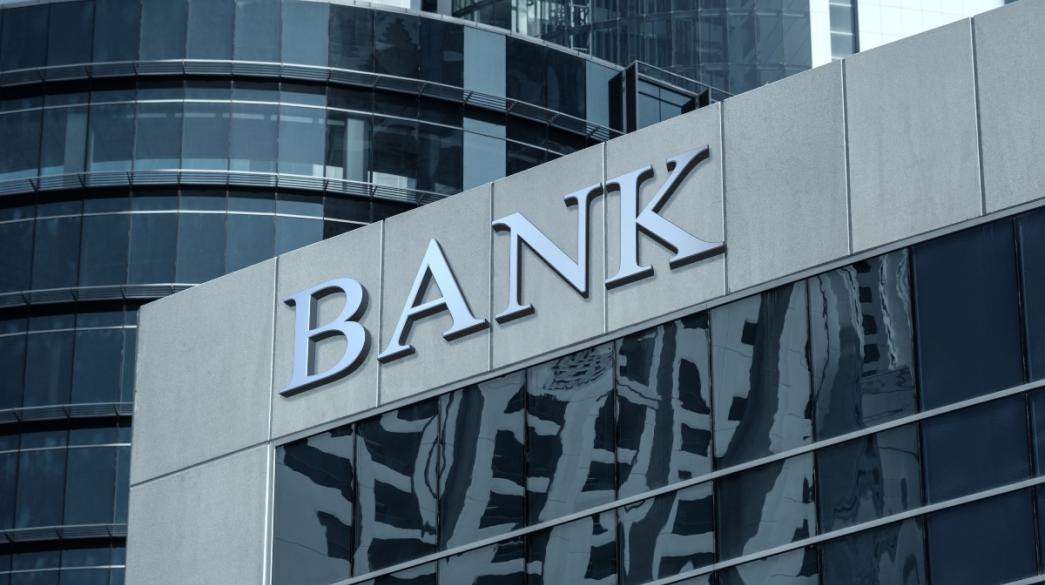Officials from Greece's lenders and the country's central bank (Bank of Greece) believe that new non-performing loans in 2020 will be significantly below 10 billion euros, based on current data.
In comments to Business Daily, bank officials say that it is too early to draw any safe conclusions about the level of new bad loans, adding that all forecasts for the domestic economy predict a strong recovery in 2021. Regarding this year's challenges, they highlight that the ECB has provided tools and flexibility for banks to support sustainable businesses and minimize the impact on their balance sheets.
Most analysts have avoided making detailed predictions about the impact the crisis will have on bank' NPEs. Estimates on the new NPEs to be formed in 2020, which have been made public so far, ranging from 6 to 15 billion euros, with most talking about 10 billion euros.
According to sources, figures put together by the Bank of Greece to assess the effects of the recession triggered by the pandemic on the quality of bank loan portfolios set the amount of new non-performing loans at 6-7 billion euros, much lower than the level of 10 billion euros, which the market has been discussing.
According to bank officials, new amounts of bad loans worth 4-5 billion euros were expected to be formed for 2020 even before the arrival of the pandemic, so the additional burden due to the coronavirus will be about 2 billion euros. These are businesses that were on the verge of collapse and the deteriorating economic conditions are likely to lead them to financial trouble.
Despite the large reduction in GDP expected this year, the impact on NPEs will be smaller, while the biggest damage is expected to be seen in tourism, where some large companies are already behind in payments. Additionally, much of the tourism sector is focused on restaurants and small retail stores, where banks have limited exposure. Finally, a significant part of tourism, especially on the islands, is outside the official economy and is not supported by funds from the banking system.
Milder recession
Bank officials stress in comments to Business Daily that, despite the unprecedented disruption to the global economy caused by the epidemic, the fiscal measures that have already been implemented in Greece and the new policies to be put in place in coming months (tourism, transport, etc.) as well as liquidity interventions, and the subsidy of short-term work through the SURE program, are expected to mitigate the effects of the recession and prevent widespread job losses.
Also, the new bankruptcy law expected to be voted on soon, which will determine loan restructuring and bankruptcy proceedings for private debt is expected to streamline processes and make them faster, helping improve the country's payment culture.
Steps on reopening the tourist sector thanks to Greece's successful management of the pandemic have made the country a preferred tourist destination for 2020 and 2021, raising hopes that the damage to the industry will is less than the initial estimates. Also, bank officials point out, that the Greek tourism industry has recorded a spectacular performance in recent years, helping position companies in a stronger position in their bid to absorb the shocks from the coronavirus pandemic.
Yiannis Papadogiannis









